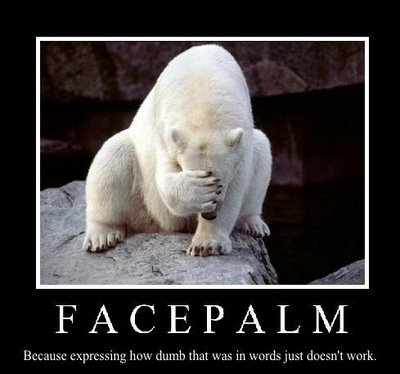High school reunions fall somewhere between a celebration and a punch in the gut.
The celebration begins with joining classmates again.
The punch comes from seeing the changes.
In small town Oregon, the punch comes from seeing the old school.
In North Bend, the old school was a celebration.
This isn't Texas where a town's identity is based on the score of the last football game. Instead, it's the Southwest Oregon coast. The big surprise was knowing any Texan booster would be proud of what North Bend High School has built.
Athletic Director Mike Forrester met the Baby Boomer class of 1973 for the school tour. After the classrooms and hallways, he paused a moment to explain the athletic facilities. He wanted everyone to understand education came first in his school, that what we were about to see didn't diminish the goals of academic excellence.
In the old days of the 70's, the football team practiced in a mud bog next to a slough. The water table rose and fell with the tides. Add the coast rain and sweat and you've got a perfect stew for stink and skin problems.
And the teams were horrible. For two years, 1971 and 1972, the mighty Bulldogs were winless against the big Eugene schools and the hated Marshfield Pirates.
1972 was Coach Howard Johnson's first and he changed the culture of losing.
One of the first things he did was build football lockers out of 2X2 and chicken wire so uniforms could dry. Players didn't dread pulling on pads and jerseys that smelled like a san-i-can.
And he started winning.
The '73 team had a breakout year with a 4-5 record. His Hall of Fame notice says he started coaching the Bulldogs in 1971 and won the Midwestern League title in 1974, but it may be a year later.
Today the Bulldogs play on an all weather turf field with a high tech scoreboard.
Add the sports complex that includes a gym with three full courts, a weight room big enough for entire teams to do rotation workouts, a dance studio, and a wrestling room downstairs that's the envy of junior colleges and four year schools that still have wrestling teams.
The old wrestling room was a makeshift series of uneven floors and old mats in the bottom of a building so old it could have fallen down on it's own. It didn't keep NBHS wrestlers from winning state championships in collegiate, Greco-Roman, or freestyle.
Some won all three the same year for a Triple Crown, like Robin Richards and Ralph Davis.
Mr. Forrester explained the benefits of sports for students in a way that made one old Bulldog wish his kids had had someone like him around. Instead of itinerate educators using one school after another as career stepping stones, teachers come to North Bend and stay. Some grow up in North Bend, leave for college, and come back.
Coaches and teachers who understand the feel of their school as youths and adults convey a certain confidence to new students. They don't have to say, "This is what I've done. You can do it , too." The kids can read all about them from newspaper clippings.
Men like Mike Forrester create a sense of momentum in school where success is inevitable if you make the effort. What more would a parent want in sports and education?
In an unlikely view of big time sports, the film room of NBHS holds rows of seats that used to grace Fulton County Stadium in Atlanta, Georgia.
People used to sit in them to watch the NFL's Atlanta Falcons and the MLB's Atlanta Braves. High school kids sit in the same seats.
The time frame may not work out, but the seats could have witnessed Hank Aaron breaking Babe Ruth's home run record, could have seen the Braves in the World Series.
The Big-Time might be big city for most, but those on the ground floor try and make Big-Time happen right where they are. In North Bend, major league seats help open that door.
Add The Sports Daily to your Google News Feed!
